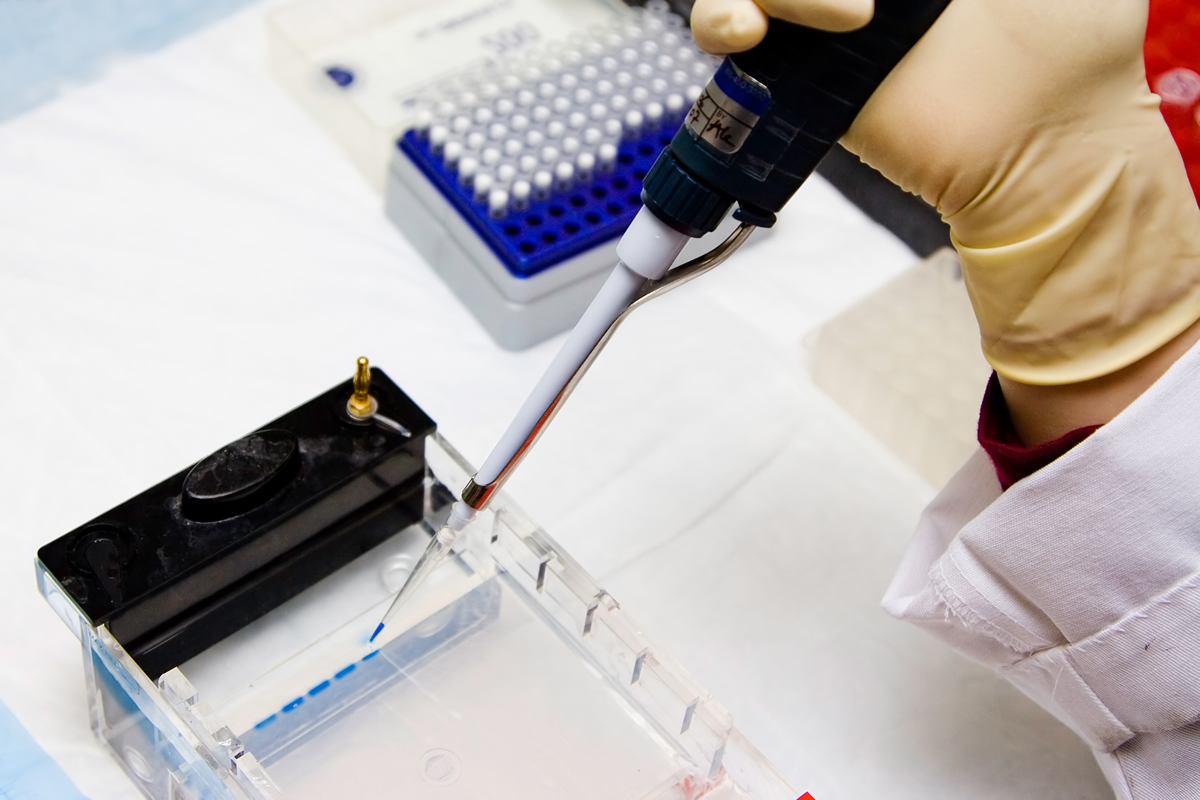What Is Cytotoxicity?
Upon exposure to certain toxic agents, cells may be induced to lose membrane integrity and die rapidly as a result of cell lysis (necrosis); they would stop growing and dividing; or activate the pathway of programmed cell death (apoptosis). Cytotoxicity is the degree to which an agent possesses a specific destructive action on certain cells or the possession of such action. Cytotoxicity studies are a useful initial step in determining the potential toxicity of a test substance.
How is it Relevant?
Being able to measure cell cytotoxicity can be an incredibly useful tool in identifying compounds that could harm human beings. On the other hand, measuring cell cytotoxicity also proves to be quite indispensable in the process of developing therapeutic anti-cancer drugs. It’s important to ensure the safety of end-users and an awareness of cytotoxicity is part of that. For anti-cancer therapeutic drug development, it is of interest to have maximal cytotoxicity to cancer cells while minimizing the cytotoxicity to normal tissue cells.
Measuring Cytotoxicity
Cytotoxicity can be measured in a number of ways, but mostly involve evaluation of cell membrane integrity, which, is often assessed by using Vital dyes, like formazan dyes, protease biomarkers, or by measuring ATP content. Typically, colorimetric, fluorescence, or luminescence assay are applied to detect the release of cytoplasmic contents as a result of compromised cellular membrane.
Importance
Cytotoxicity is a major topic in cancer research studies as well as drug treatment in general. It is critical that we understand what cytotoxicity is and how it relates to the development of pharmaceutical drugs.



